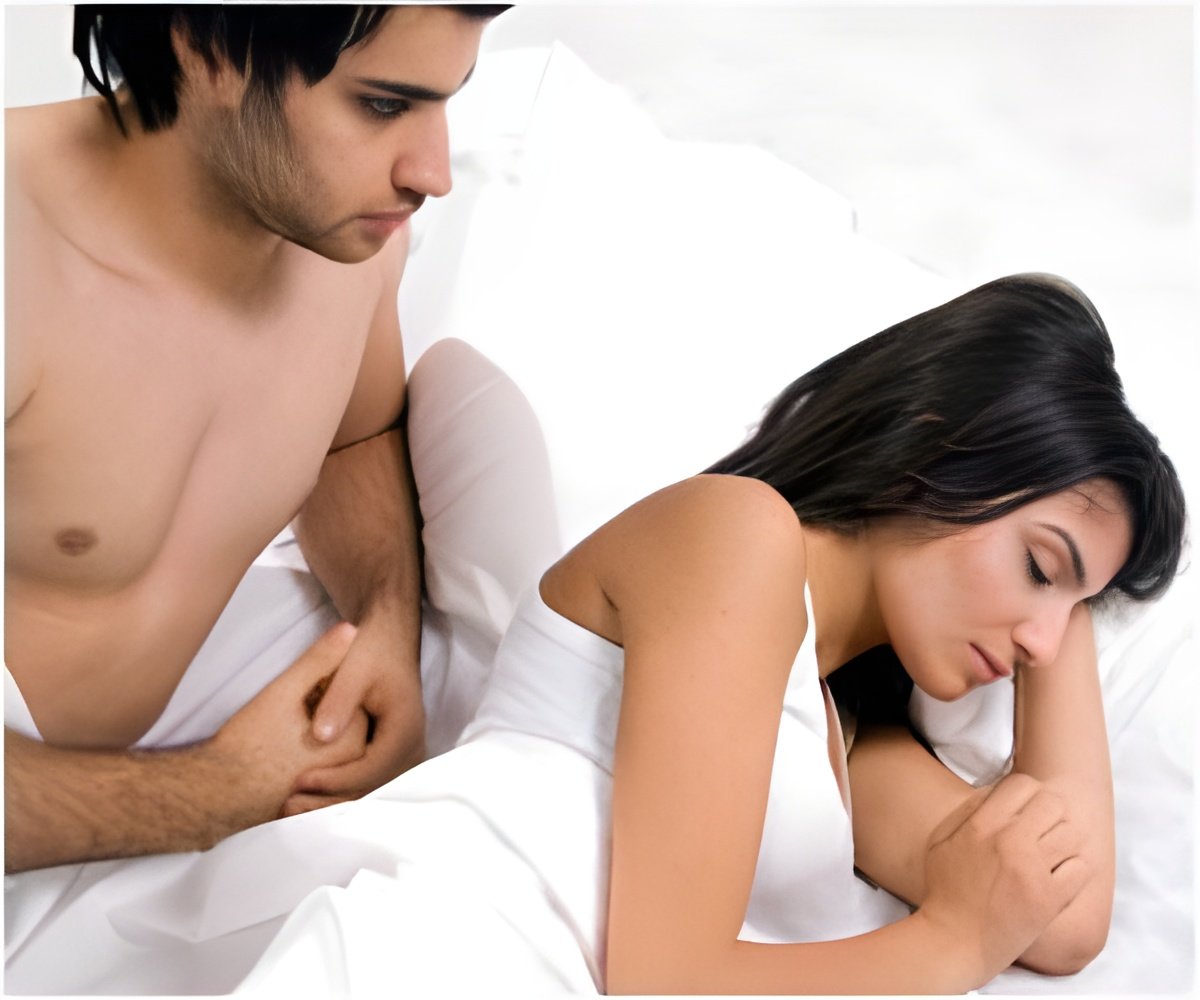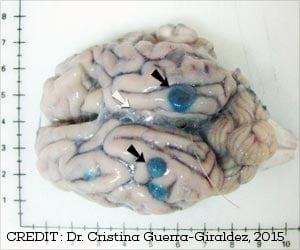Low sexual desire is common among both pre- and post-menopausal women, which causes personal distress, harm relationships and have a negative impact on body image and self confidence.

In the article "Attitudinal Survey of Women Living with Low Sexual Desire," Sheryl A. Kingsberg, PhD, Case Western Reserve University School of Medicine (Cleveland, OH), presents the results of a survey of women's attitudes toward low sexual desire and their awareness of its treatability as a medical condition. Dr. Kingsberg found that more than one-quarter of premenopausal and one-third of post-menopausal women were very dissatisfied with their current level of sexual desire. Most had not discussed their low sexual desire with their health care providers because they felt uncomfortable or embarrassed or were not aware that it is a treatable condition.
"Given the prevalence of low sexual desire in women and the important role that sexual function plays in women's lives, healthcare providers should recognize female sexual function as an integral part of health and well-being," says Susan G. Kornstein, MD, Editor-in-Chief of Journal of Women's Health, Executive Director of the Virginia Commonwealth University Institute for Women's Health, Richmond, VA, and President of the Academy of Women's Health.
Source-Eurekalert












